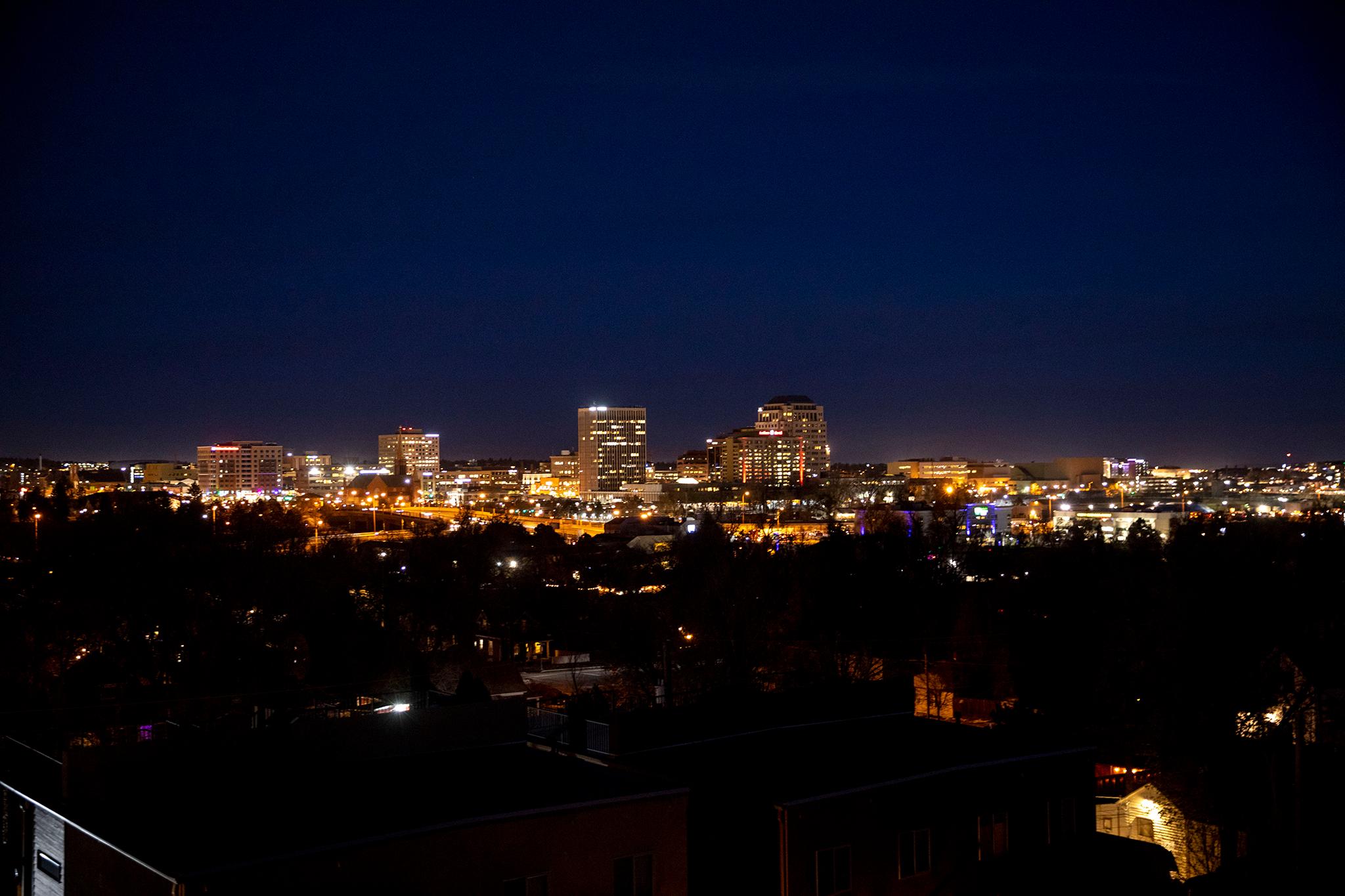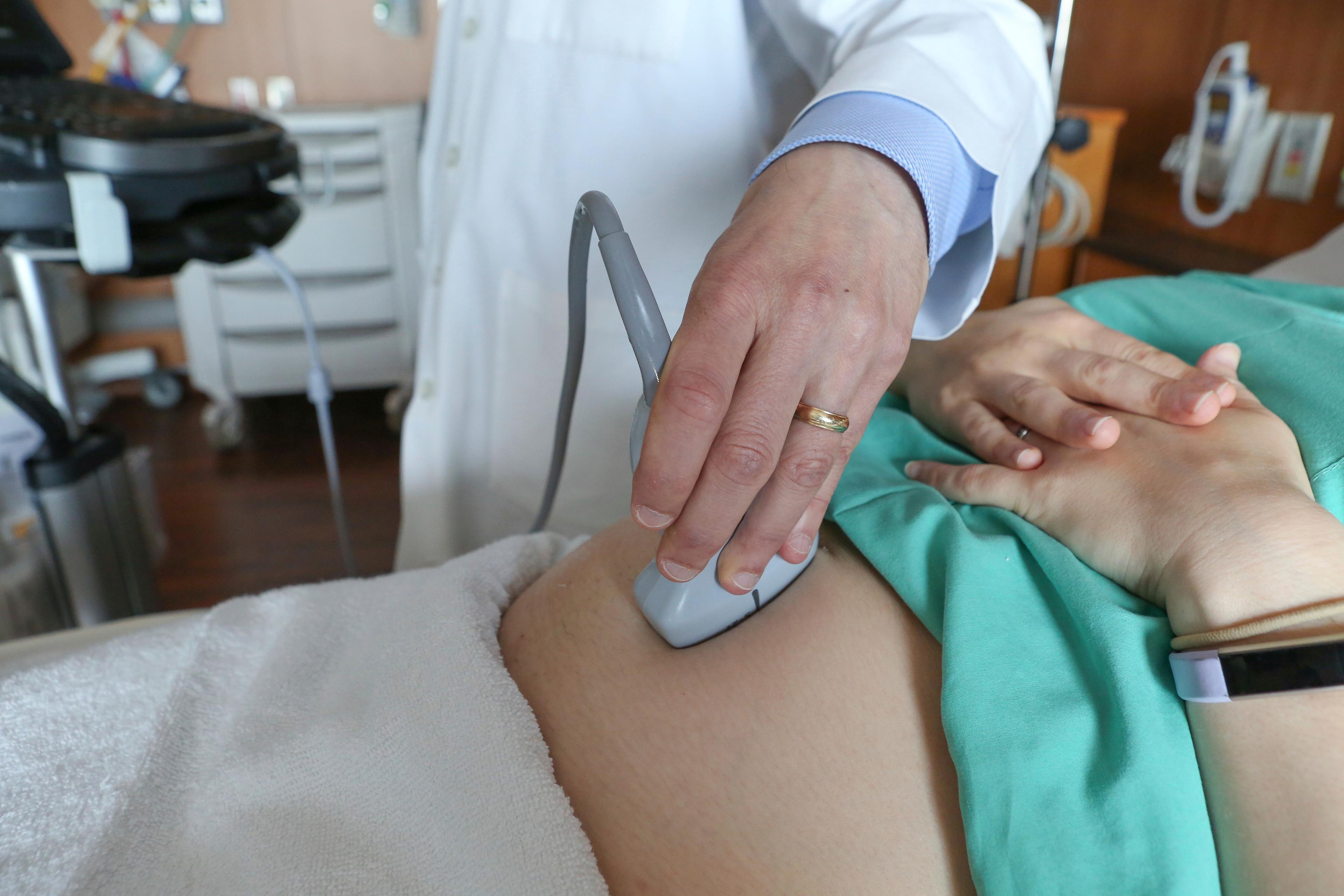
When Dr. Bill Craighead — the newly-minted director of the University of Colorado Colorado Springs Economic Forum — mentioned early in his 2023 Economic Forecast on Thursday that “the economy is great,” he paused for the laughter he expected from the packed crowd at the Ent Center for the Arts.
And laughter he received, representing the real duality of economic conditions in the Pikes Peak Region, the state of Colorado and the United States.
That’s because several economic markers appear to be moving in the right direction. Locally and nationally, the unemployment rate and the job market continue to be in historically good places. For every unemployed person in Colorado, there are more than two jobs available, according to state data.
The decades-high inflation rate that has been eating away at Coloradans’ paychecks over the past couple of years is beginning to taper off and wage increases have finally caught up, increasing purchasing power.
In the state’s second-largest city, 2,350 net new jobs have been recently added in the tech, manufacturing, cybersecurity and space sectors.
“We’ve been on a real winning streak as far as attracting employers to Colorado Springs and particularly employers that are gonna be bringing jobs that pay above median wages,” Craighead said.
Yet, the region is beset with persistent economic drags. While new home builds show signs of recovery, it’s still far below demand. Meanwhile, home sales were down 20 percent during this summer’s peak season compared to last year, due to high mortgage interest rates, Craighead said.
Housing affordability was a key theme of the forum’s discussion. It’s been trying for folks trying to buy homes and it’s been even worse for renters. Rents in the Pikes Peak Region fell slightly at the end of last year due to new units coming online and have since been holding stable.
“But, they’re still way above where they were a couple of years ago, so renters have really been socked,” Craighead said. “This has been a really big increase in their cost of living.”
Sales tax collections in the city have been down slightly along with company payrolls. Office vacancy rates are at their highest rate since 2015.
Still, the audience was left with a message: It’s certainly not as bad as it could have been.
Economists predict growth to remain sluggish over next two years, at 1.3 percent in 2024 and a 2.1 percent increase in 2025. Inflation is expected to return to a “normal” rate of 2.5 percent and 2.4 percent, respectively.
In Colorado Springs, the military will likely continue to insulate the local economy, especially now that the region has maintained the headquarters of the U.S. Space Command.
Tourism is growing. Traffic at the Colorado Springs Airport has set records this summer and hotel occupancy is high, with more people staying in the region’s new lodging options.
All those factors together led Craighead to say the region and the state may very well avoid a full-blown recession in coming years. He likened the feeling amongst economists to seeing a car’s check engine light come on.
“You get that feeling in your gut like oh now, what am I in for?” he said. “But, you keep driving and you keep driving and there are no funny smells or weird noises, so you’re starting to think your car’s OK and it was a false alarm. That’s kind of where we are now.”
Craighead’s nearly 45-minute forecast marked the 27th year of the region’s signature economic outlook.









